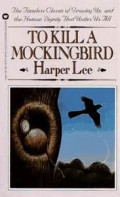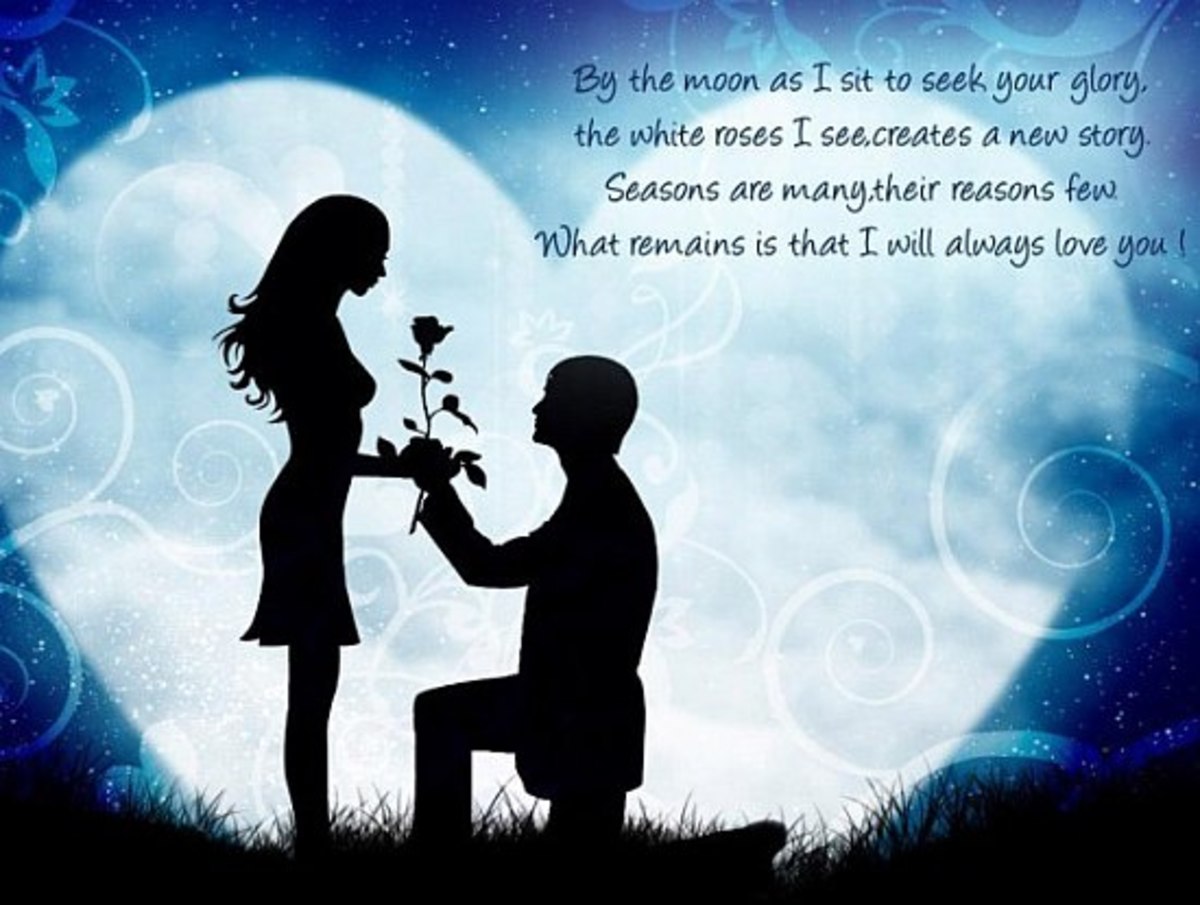The Seven Elements Of A Dynamic Story Or Book
There Are Stories and Then There Are Holy Cow Stories
On a good day of writing I am happy if I have written one sentence that deserves “holy cow” status. On a great day of writing I will achieve that lofty goal in an entire paragraph. But to reach that pinnacle for an entire short story, or heaven forbid a novel….that, my friends, is the stuff of legends. Perhaps that’s why the literary masters are considered masters, because they are able to sustain greatness for 100,000 words or more.
Those of us who are mere mortals have our work cut out for us. Still, there are guidelines that we can follow, common ingredients that you will find in all of the great works of literature. What follows, then, are seven elements that seem to be common in all great writings. They do not guarantee greatness but they certainly will help you to at least approach the outskirts of greatness.

GREAT ENTERTAINMENT VALUE
Here’s the problem with entertainment value: what is entertaining for one person may not be entertaining for another. Those who enjoy mysteries may not find a fantasy novel entertaining. Those who enjoy lengthy, reflective prose may not be entertained by whimsical free form. Still, the great pieces of literature all contain this nebulous quality. To a wide audience they are considered great entertainment.
How do you judge if your writing is entertaining? Well, the first thing to realize is that you, the writer, cannot determine this. You are too close to your work. Enlist the aid of several trusted readers who will give an honest appraisal of your work. Only then can you receive feedback that can be relied upon.
ORIGINALITY TO SPARE
Talk about Mission Impossible….creating an original work is a seemingly impossible task. All of the themes have been taken, right? Good vs evil has been done to death, right? Name a moral dilemma and it has been written about, so how in the name of Hemingway can any writer hope to find an original idea?
Well for sure most, if not all, themes are derivations of themes that have been written about often, but your approach to that theme can be original. I’m a huge mystery fan. I probably have read thousands of mystery novels, and the basic theme is the same for all of them. A crime is committed and the good guy tries to solve the crime and bring justice upon the land. End of story! And yet every year I am treated to a writer who finds a new way to approach that mystery formula, and when I find that writer I stand in awe.

ANSWERS A WHAT IF QUESTION
The literary world is filled with novels that answer a “what if” question. Think about it and you will see the truth in that statement. What if dinosaurs are cloned? What if a respected white lawyer defended a black man of a rape charge in the Deep South during the Great Depression? What if there was a killer Great White shark threatening a coastal town? What if it were possible to travel in time?
Make your “what if” question clear and then lead your readers on a jolly good adventure in answer of that question. Hook them with the question and you will then hook them for the entirety of your story or book.
APPEALS TO THE FIVE SENSES
We all share the same five senses. We all experience the world, and life in general, through those senses. Highly successful authors understand that and they write their stories to those five senses.
A great writer can paint a scene that the readers can see in their mind. A great writer can have their readers smelling the scene, tasting the scene, feeling the scene and hearing the scene. This is why the works of so many great writers are easily adaptable to motion pictures.
Never lose sight of this important aspect of writing. Write to the commonalities that we all share. Write so that the five senses of your readers come alive through your words. If you can do that you will have taken a huge step towards becoming dynamic.

GREAT EMOTIONAL FOCUS
If your writing is met with a collective yawn from your readers you have definitely missed the boat. Emotions are the engine that propels a story, and we are not talking about hum-drum emotions; no, we are talking about intense reactions to your written words.
As a writer you should be aiming for intense emotional reactions, reactions that only come from fear, ecstasy, hate, rage or love. Once you have awakened those emotions in your readers you will have achieved that which few writers achieve: an emotional bond with your audience.
INCLUDES A UNIQUE ELEMENT
The word unique means “existing as the only one or as the sole example.” That definition pretty much puts in perspective this important element of writing.
In 1988 Thomas Harris wrote “Silence of the Lambs.” Good vs evil, right? A theme that has been done to death over the centuries….but….Mr. Harris did something that few, if any, writers have done in the past. He took a character who was so incredibly evil, so diabolical, so inhumane, and he made him likeable. Hannibal Lecter was the personification of evil and yet he was a guy who would be fascinating to talk to….just don’t let him anywhere near the silverware. J
That, folks, is unique! If you can manage to execute the way Mr. Harris did then you will really have something worth discussing on Oprah.
APPEALS TO A MASS AUDIENCE
A “holy cow” story has the ability to step over the lines of one particular genre and appeal to readers who enjoy difference genres. When you have achieved this element you will have achieved the Nirvana of writing.
An interesting side note to this element is that some of the truly great books that have been written over the years actually defy categorization. They appeal to such a huge throng of people that it is practically impossible to say that their work is a mystery or a romance or an action/adventure.
Have you read “The Horse Whisperer?” What genre is it? Have you read “The Old Man and the Sea?” What genre would you place that masterpiece in? I have no doubt that you can think of a book or two that refuses to be hemmed in by the constraints of a genre. In other words, they possess mass appeal.
Join me on my writing blog
- Artistry With Words | A topnotch WordPress.com site
A site by writers for writers about.....writing!
Now Go Write It
So now you have been given the knowledge; all you have to do now is write that masterpiece. Yes, I was being somewhat facetious. If it were that easy we all would be doing worldwide book signings.
Still, knowledge is power and you now possess some knowledge perhaps you did not have prior to this article. Take that knowledge and begin to build your story or book. Work with each of the elements. Toss in a pinch of this and a tablespoon of that until the taste is just right. Serve it up, steaming hot, to your audience and see what their reaction is; keep playing with the ingredients until you have perfected the recipe and then sit back and savor the experience. When you have all seven of these elements working together then you will have reached heights you never dreamed possible in writing.
2013 William D. Holland (aka billybuc)
“Helping writers to spread their wings and fly.”











